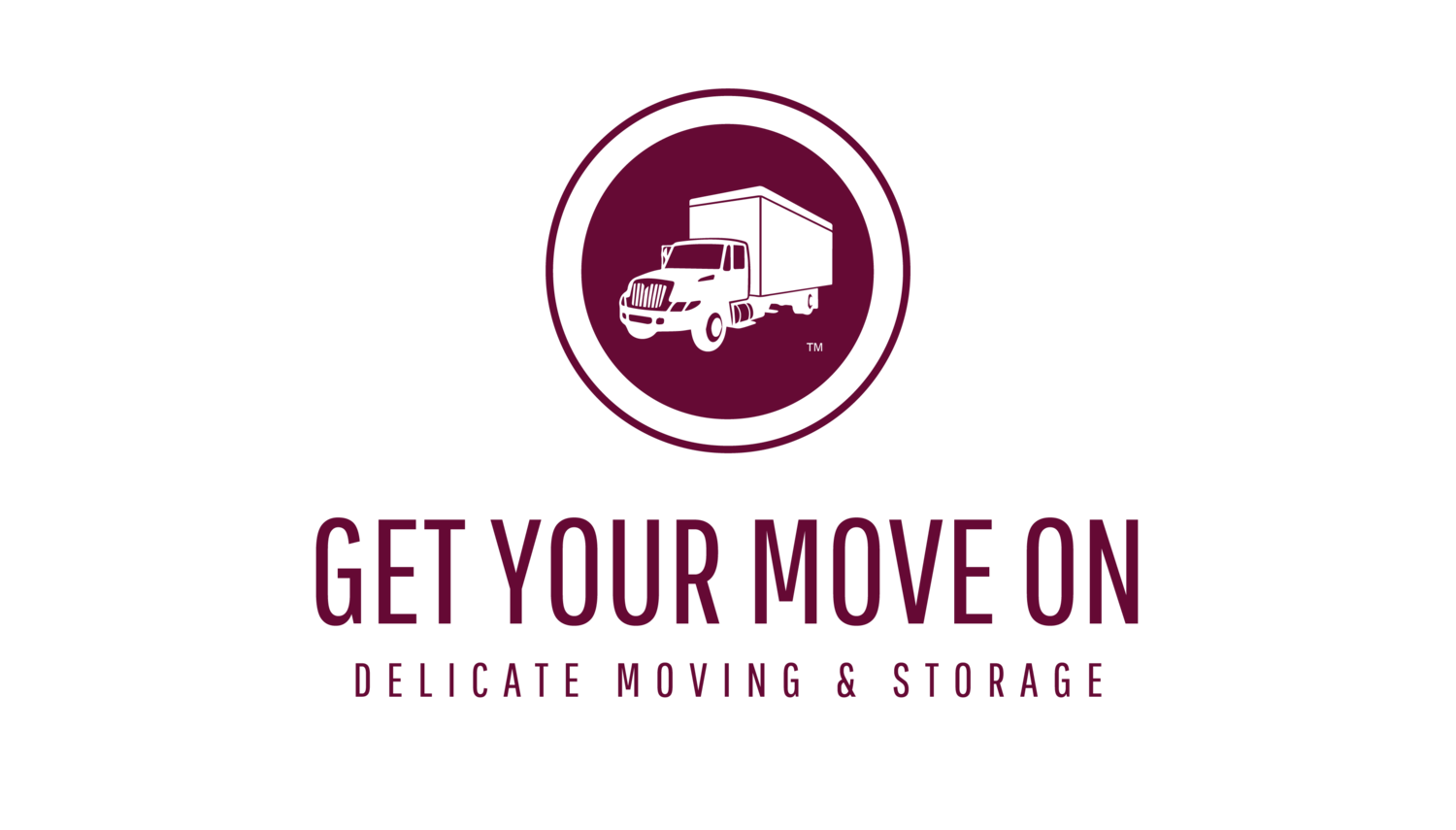When Preparing for a Corporate Relocation

Find out what your employer’s corporate relocation package looks likeLarge companies often provide employees with a pre-determined relocation package that spells out what they will offer you and what you will be responsible for. We recommend that you look into this first so you have a basis before asking about the details. They will most likely handle moving all you’ll need from your office, but will this include paying for the moving company to pack everything up? How soon will you be required to complete the move? How much information will they give you ahead of time about your new home? Will they pay your travel expenses so you can visit the new city before you move? You need to know all these details and they may all be outlined in your employer’s relocation package. You might want to ask your HR Manager for a copy of your relocation package.Determine how your employer plans on compensating you for the relocationMoving can be very costly, especially when it involves a whole family. Is your employer planning on paying up front for your move?Will your company be reimbursing you up to a certain point according to specific guidelines, or don’t they have a ceiling on this?Are they willing to cover temporary housing so you have time to find a new home? Some companies have a policy of reimbursing employees for this in a lump sum. In this case it would be up to you to decide how the money should be spent, knowing there won’t be more coming your way if you lose money on the sale of your house or are responsible for additional closing costs you hadn’t expected. There may be a chance for you to negotiate with your employer on these matters, especially if you are being required to relocate for their benefit. Find out exactly how your moving costs will be handled before you begin spending your own money on the move.Determine how much of your total moving expenses are tax deductibleTalk to your HR Manager regarding how much you can deduct from your taxes for moving expenses, and how best to track these expenses.If your HR Manager doesn’t have this information, check with your tax preparer or accountant. The IRS does state that many of these costs are tax deductible so you do need to find out the details in advance.Work out a budget for expected out-of- pocket costsYou are certainly going to need some things for your new home and if you’re a licensed professional moving to a new state, you’ll need to obtain a new license. Your employer is unlikely to cover these additional expenses. Work out a realistic budget that takes all these expenses into consideration so they don’t all add up at once and put you in shock. If you’ve anticipated all these expenses in advance and figure out a budget you can stick to, it will certainly reduce your stress level. Don’t forget to include things like changing the oil in your car if you’re going to be driving a long distance, expenses related to pet care during the move, updating your car registration, etc.Find your temporary housing in advanceUnless your relocation package includes housing, your transition will be less stressful if you find your temporary housing in advance of the move. At least you’ll be comfortable in knowing you have somewhere nice to stay as you acclimate to your new city, get settled in at work and start your new life. Look for something that has a kitchenette so you can prepare your own meals and feel more at home, not having to eat out all the time. Establish a realistic timeline for finding and moving into a permanent home. Hiring a good real estate agent can really help you out here and move things along more quickly. This may even be one of the costs included in your relocation package.
